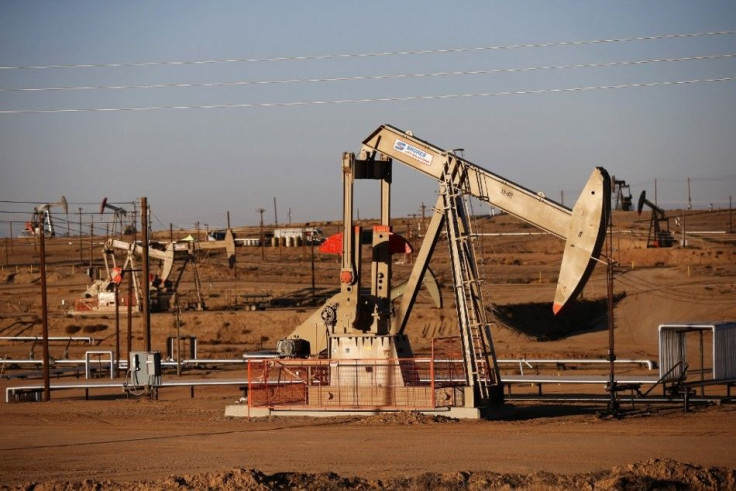OPEC Decision Leads To Further Drop In Oil Prices

OPEC countries have decided not to cut production to stem the falling prices of crude oil. The decision led to oil prices going below 70 dollars for the first time since 2009, a time when the global economy was in a severe recession.
OPEC countries expressed their concern about the dropping oil prices in the recent months. But the members agreed that production should be maintained at 30 mb/d. The countries will be following the oil prices closely and have agreed to act in case of any adverse developments.
Cheaper oil prices may be welcome news to countries that heavily import the precious resource. A very high price of the commodity has the potential to derail the fragile global economy and push many countries into recession.
The OPEC countries however are equally concerned about oil prices being too low. Many of the oil exporting countries are heavily dependent on the income from the commodity and there is a cost involved in the oil extraction process. A reasonable and stable oil price will help the exporting countries to make enough money to meet the cost and invest in the industry to meet future demand.
OPEC countries estimate that the demand for oil will increase in the year 2015 but the increased demand may not result in a corresponding increase in oil prices. A large portion of the increased demand is expected to be met by non-OPEC oil exporting countries.
One country to be particularly affected by this decision is Russia, a non-OPEC oil exporting country. The U.S and the European Union have imposed heavy sanctions on the country for its alleged involvement in Ukraine. There are now concerns that the falling oil prices combined with the sanctions may push the Russian economy closer to a recession.
OPEC countries note that the world economy is expected to grow at around 3.2 percent in 2014 and projected to grow by about 3.6 percent in the year 2015. The growth however is uneven, with some countries growing at a healthy pace while others will see their economy shrink. Top oil importing countries in Asia like China and India may benefit from the dropping oil prices.






